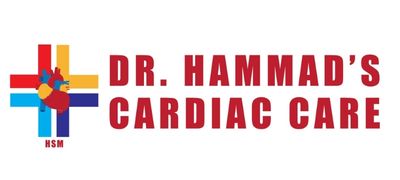24 Hour Holter Monitoring in Bhiwandi
Dr.Hammad’s Cardiac Care is the best place for you if you are looking for 24 Hour Holter Monitoring in Bhiwandi
Looking for 24 hr Holter Monitoring Test in Bhiwandi? Suraksha Heart Clinic provides the best services. Book an appointment now.


